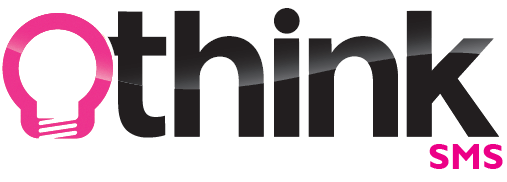When should you send an SMS appointment reminder?
- Modules
- reminderSMS
- blastSMS
- blastEMAIL
- chatSMS
- chatEMAIL
- captureSMS
- donateSMS
- redirectSMS
- customSMS
- Mobile & Tablet Versions
In the 21st Century, people are very busy with their lives. They live in a constant storm of information and busy-ness. One consequence is that people can easily forget appointments they have made. Non-attendance rates are generally around 10-20% for most people, and even higher for youths and the elderly. But the people who miss an appointment by forgetting about it are just as annoyed as you, the service provider. A missed appointment means several things to your patients/clients:
- They look bad to you and others who know they missed an appointment
- They did not receive the service they were wanting or needing
- They have to spend time rescheduling the appointment
- They have to apologise to you and your receptionist for missing the appointment, and apologising is never a fun thing to do.
- They have to allocate more time from their busy schedule. They won't consider that they gained any time by missing the first appointment, only that they lose more time with the new one.
If you, as a service provider, you could charge a missed-appointment fee, they will probably have some level of resentment towards you, especially if the fee is high.
SMS reminders will undoubtedly improve your practice's income directly, by getting more timeslots used instead of abandoned, but it will also increase your client's level of satisfaction with the service you provide. And that is never a bad thing.
A single SMS message 1-2 days prior to an appointment will reduce nonattendance by about 40%, and that is what most SMS reminder services offer. But a 2008 study in the UK and Ireland found that for their patients only 6% wanted the reminder 1-2 days prior. 20% preferred 3-4 days prior and 70% preferred 5-7 days prior.
Take a moment to think about those findings..
90% of patients/customers preferred to receive an SMS reminder more than 2 days prior to the appointment.
Why?
Perhaps it is so they don't feel pressured by the reminder; they have plenty of time to ensure they prioritise your appointment in their own diaries.
But perhaps you don't need to know why...just listen to what patients/customers prefer, and do it.
The outcome is clear: Patients or clients are happier; attendance rates are higher.

